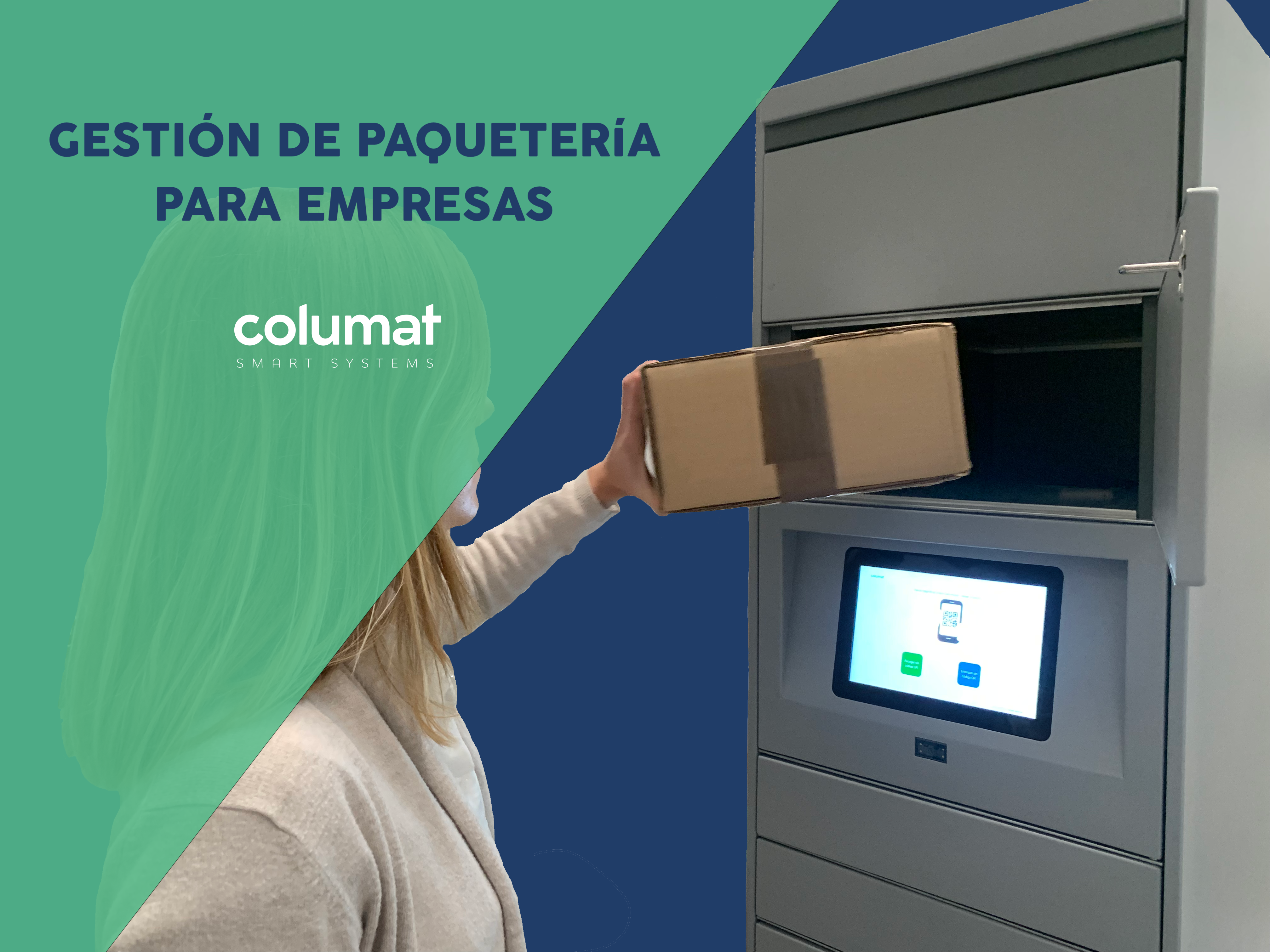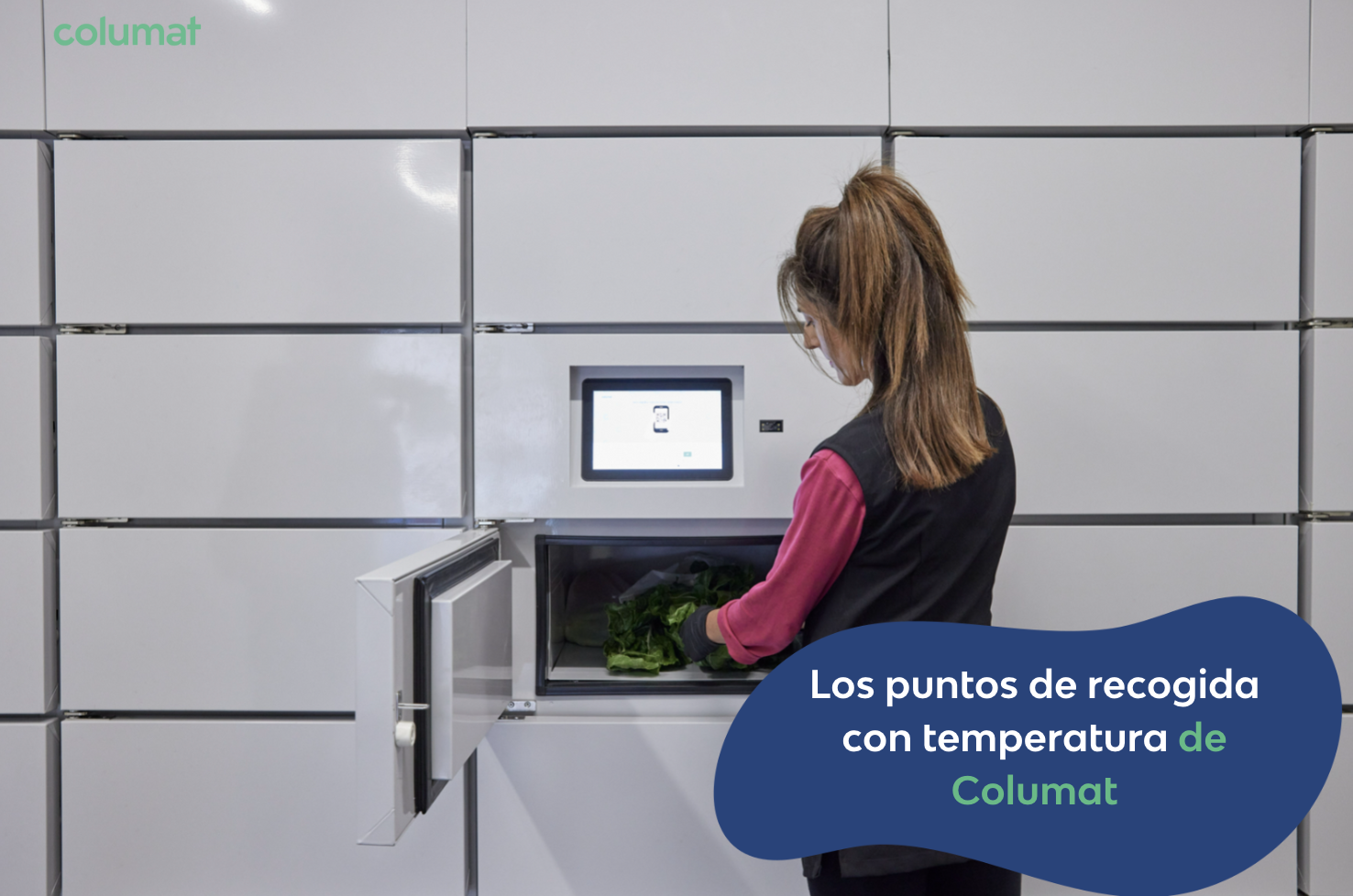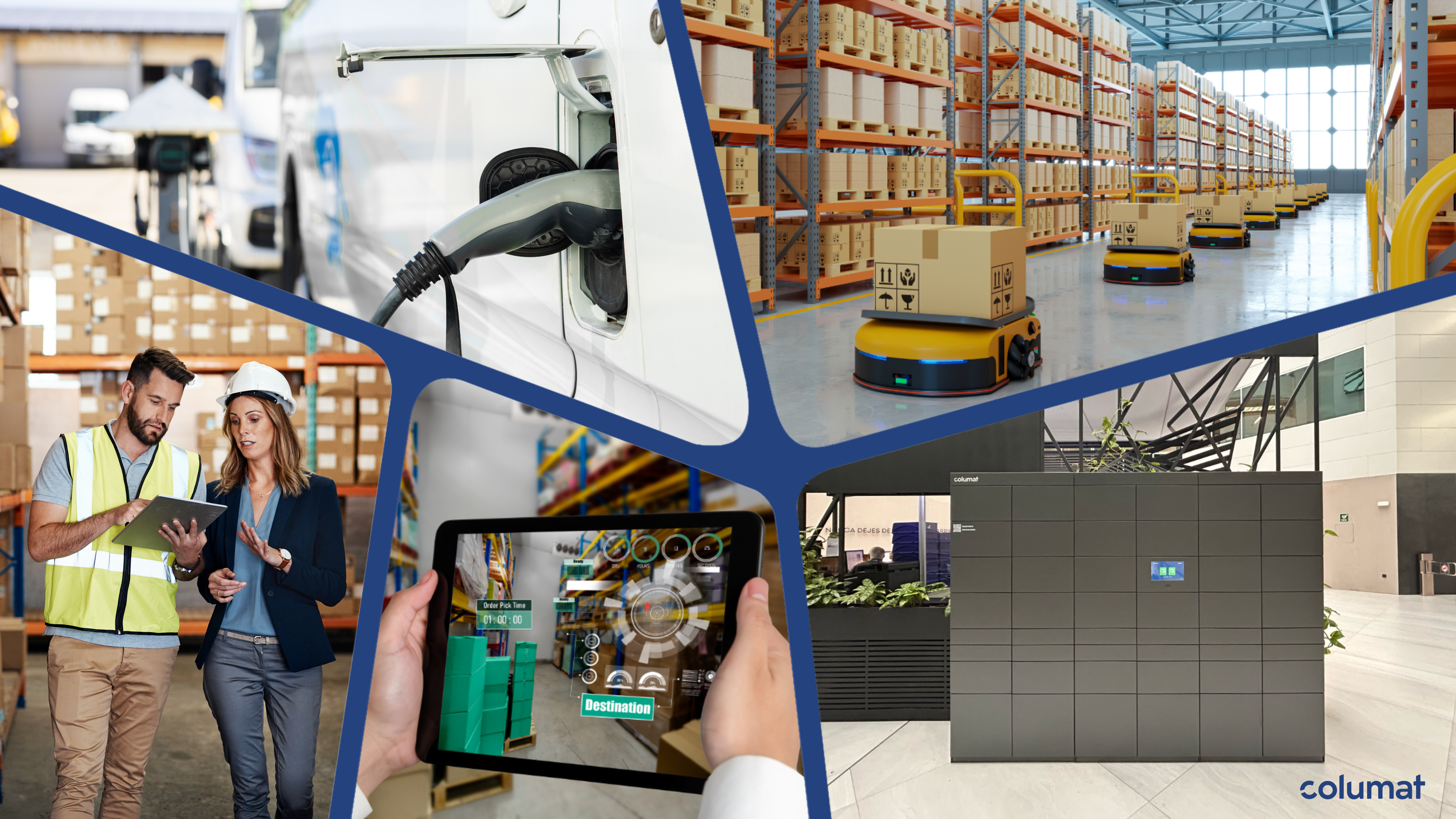The revolution in the logistics sector
The revolution of the logistics sector in an ever-changing world presents many changes and challenges. The logistics industry is undergoing an accelerated transformation driven by technological advances and new market demands.
In this blog, we will analyze the fundamental trends and changes in this industry and how they are shaping the current landscape to understand the revolution in the logistics sector.
Disruptive technologies
There is a significant increase in the adoption of disruptive technologies in the logistics sector. Artificial intelligence (AI) or the Internet of Things (IoT), among others, play a key role in process optimization, automation and data-driven decision making. These technologies make it possible to improve operational efficiency, obtain real-time visibility of the supply chain and adapt quickly to changes.
Sustainability
Another response to global environmental concerns is sustainability, which has become a priority for the logistics sector. It highlights the growth of sustainable logistics solutions, such as smart collection points, the adoption of electric vehicles, route optimization and the use of eco-friendly packaging. Reducing carbon emissions and efficient resource management are key aspects to ensure environmentally responsible logistics.
Here is an example of how a logistics company contributes to sustainability:
https://www.columat.com/sostenibilidad/
Management platforms
Collaboration between different actors in the supply chain is emerging as an important trend. Digital platforms have emerged that facilitate collaboration between logistics companies and service providers, enabling resource sharing, cost reduction and optimization of freight capacity. This collaborative approach fosters efficiency and flexibility in the transportation and distribution of goods.
The last mile
Finally, with the growth of e-commerce, the last mile has become a critical challenge for logistics companies. Companies are developing new strategies and solutions to improve efficiency in delivering products to the end consumer. The use of drones, smart lockers and urban distribution centers are some of the alternatives to address this challenge.
The revolution in the logistics sector is a fact and is rapidly responding in response to the challenges and opportunities presented in today's environment. Disruptive technologies, sustainability, collaboration and attention to the last mile using smart pickup points is changing conventional logistics. Keeping abreast of these changes and adapting to them will be crucial for logistics companies to remain competitive and offer efficient and sustainable services in the future.


